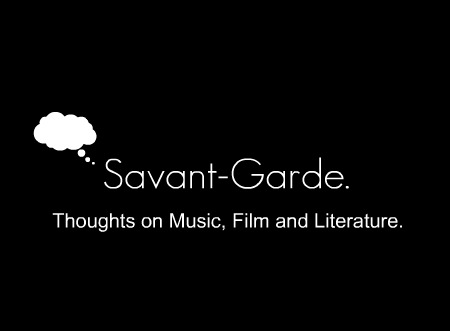Tuesday 19 April 2011
Gypo
Gypo (2005)
Country : England
Director : Jan Dunn
Jan Dunn certainly didn't want to give herself an easy directorial debut. Choosing to film 'Gypo' using the strict Dogme 95 framework which was first started in the mid 90's by critically acclaimed avant-garde director Lars Von Trier. Using this approach, Dunn's creative freedom is limited to using basic camera work which often shakes as it negotiates its way around scenes. With a minuscule budget in hand, the plot and acting would have to be depended on to carry the film forward.
The film deals with the socially pertinent subject of immigration in Britain. The plot is concentrated on Tasha, a Czech immigrant who came to England with her Mother to escape her cracked marriage and abusive father. Through a friend in college she eventually meets Helen, a middle aged woman who is struggling to find meaning in her menial existence, unhappy with both her occupational and domestic situation. Helen endevours to help Tasha as she overcomes various discriminations.
The story is definitely not covering new ground. If anything, reading a summary might lead one to disregard it as 'another one of those' or unoriginal, uninspiring grounds for further inspection. But after viewing this, I had a feeling that this was quite a unique and accomplished piece of cinema. Superbly acted by Pauline McLynn (Father Ted) and with occasionally superb dialogue (most of which was ad-lib) supported by a series of incredibly believable scenes, the film creates a familiar and recognizable world to look at. The basic camera work never hinders the feel of the film instead, I feel, that it raises it up to the standards of the social realist films of Mike Leigh and Ken Loach.
All this praise however, doesn't come without some form of rebounded criticism. The film from time to time (more so towards the end) tends to sensationalize the story somewhat, which distracts from the intense realism that is treated throughout. This culminates in a final scene which isn't worthy of the film as a whole, leaving a bitter note in the air. Dunn may have thought, due to the Dogme 95 filming style, that 'Gypo' needed to be elevated from merely a social film - A human film, with a very human feel. Some of that naturalism was lost and I was reminded quite bluntly that this was fiction I was watching, something that could have easily slipped from my mind earlier in the story.
This film touched upon a subject matter that has an effect on me. It highlights in an appropriate way, many of the social and racial problems that Britain possesses. It was deeply effecting, remarkably acted and alarmingly realistic. I'm surprised this film was overlooked for some of the major European film awards, not even getting a nomination from Berlin, Cannes or Venice. Maybe Europe just wasn't ready to see the real Britain.
Subscribe to:
Post Comments (Atom)


No comments:
Post a Comment